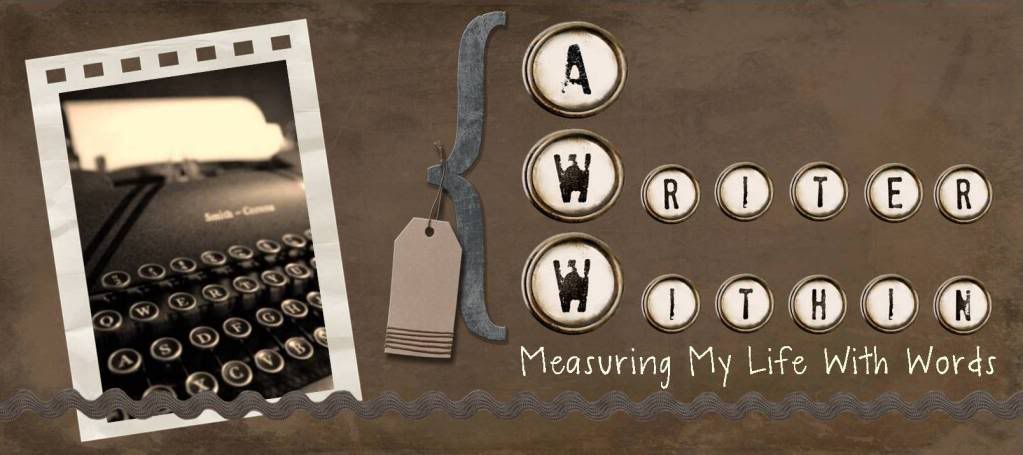I have to address some common errors I see all the time in blogging. Egregious spelling and usage mistakes. Mostly these are homophone errors, which are easy enough to make.
I don't like to interrupt reading blogs (which I find enjoyable) to be the grammar police. I do NOT comment on every blog post I read telling them all their spelling and grammar errors (although many blogs do need to utilize the spell check more than they do!).
However, since I am seeing some of the SAME errors over and over, I thought I'd write up some instructional blog posts that might be helpful. If the shoe fits. Wear it. If the spell checker is on your toolbar. Use it!
First up.
PIQUE
Pronounced: "peek"
Definition: To excite (interest, curiosity, etc.): Her curiosity was piqued by the gossip.
Usage Error: Instead of pique, I often see writers use the incorrect spelling "peek" or "peak." All three words have the same exact pronunciation.
Let me help you out.
- PEEK = a brief look or glance. Can be a noun or verb. (Take a peek. She peeked at the book.)
- PEAK = a sharp or pointed end, highest level, summit of a mountain. (A widow's peak. The peak of his career. The peak of Mt. Everest).
- PIQUE = to excite or stimulate interest or curiosity. (Have I piqued your interest?).
- Peek = involves looking with your eyes. You have two eyes. There are two e's in the word. Imagine those e's are little eyes looking at something sideways.
- Peak = means the tip or high point. There is an A in the word. A capital letter A has a high point just like a mountain.
- Pique = has to do with getting someone interested. There is an I in this word. I for Interest!
Don't be peeking (at) my interest anymore. That brings me to the peak of frustration, grammatically! But I love to have my interest piqued!
Are there other words that you have a hard time remembering how to use? I'd be happy to write a post about them! Just let me know!

